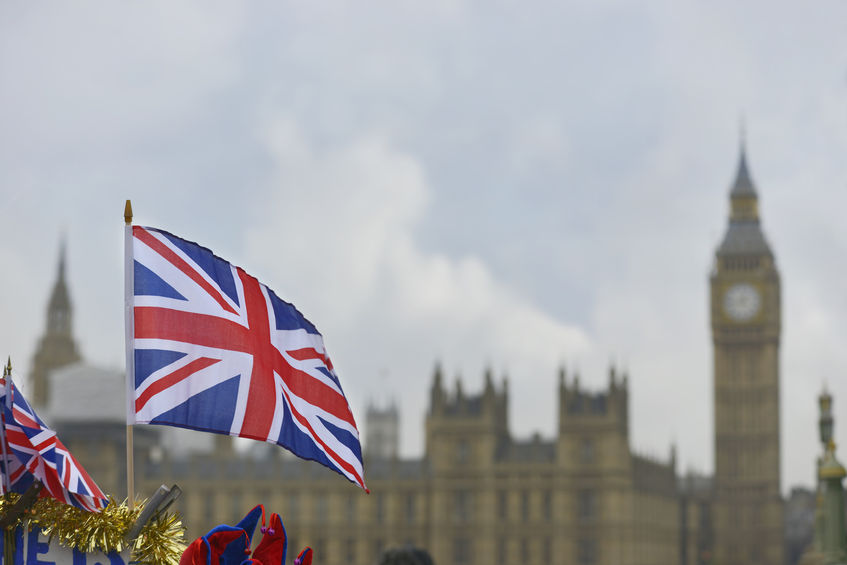
Well-developed relationships rather than a ‘trade with all-comers’ approach could help to insulate the UK from price volatility, lower standards and food fraud.
According to the National Farmers' Union (NFU), this could help the British food and farming industry "thrive" post-Brexit.
The comments were made during a roundtable discussion at the House of Lords EU Energy and Environment Sub-Committee.
The Committee has now launched an inquiry into the impact of Brexit on the price, and availability, of food for UK consumers.
Thirty percent of food consumed in the UK comes from the EU, including over 83 percent of its fresh vegetables and 40 percent of its fresh fruit.
During the session, concerns were raised about the impact that post-Brexit trade tariffs would have on food prices, that the additional customs and borders checks could result in food being held up in ports, and that a desire to avoid food price rises could lead to the UK importing food of a lower standard.
'Supplier of choice'
NFU Director General Terry Jones told the Committee that British farmers want to be the "supplier of choice" to the food industry.
He said farmers must supply "all price points" and provide the public with "great value food with the same high standards".
“The meeting made clear that the public will have the same high expectations of their food supply once we leave the EU,” Mr Jones explained.
“Only last month we observed the five year anniversary of the horsegate scandal, the shockwaves of which continue to be felt today. To prevent such an outrage happening again we need to keep food supply chains short, maintain world beating standards and independent inspection of those standards along the whole supply chain.”
'Little disruption'
Mr Jones said the British farming and food industry already delivers high standards, and is committed to continuously improving operations.
He added: “It is clear from today that farmers, manufacturers and retailers are all united in their desire for this to be maintained and for there to be as little disruption as possible to existing relationships and trade flows.
“Free and frictionless trade with Europe, a well thought through domestic agricultural policy and access to a competent and reliable workforce will allow the UK’s largest manufacturing sector to get on with the important job of feeding the nation.”
During the session, Ian Wright CBE, Director of the Food and Drink Federation, said: “The answer to the exam question ‘could Brexit have an impact on the availability and/or the price of food in the UK’ is yes. And indeed it is not just yes. It will; that is what is going to happen”.
Andrew Opie, the Director of Food and Sustainability at the British Retail Consortium, explained why it was so important to resolve the industries concerns about the potential impact of Brexit: “The first people to be hit by the consequences of Brexit will be food shoppers”.
'Real feeling'
Speaking on the launch of the inquiry Chairman of the Committee, Lord Teverson said there were lots of "strong views" from witnesses and a "real feeling" amongst them that prices are going to rise post-Brexit if the UK doesn't get a trade deal agreed.
“There were also questions as to whether the UK will be able to maintain the food standards and quality that consumers want, and if we can actually get the food through the ports will all the new customs facilities which will be in place,” Lord Teverson explained.
“With so many unanswered questions, the Committee have decided to examine this matter because it is vital to the UK’s future.”
